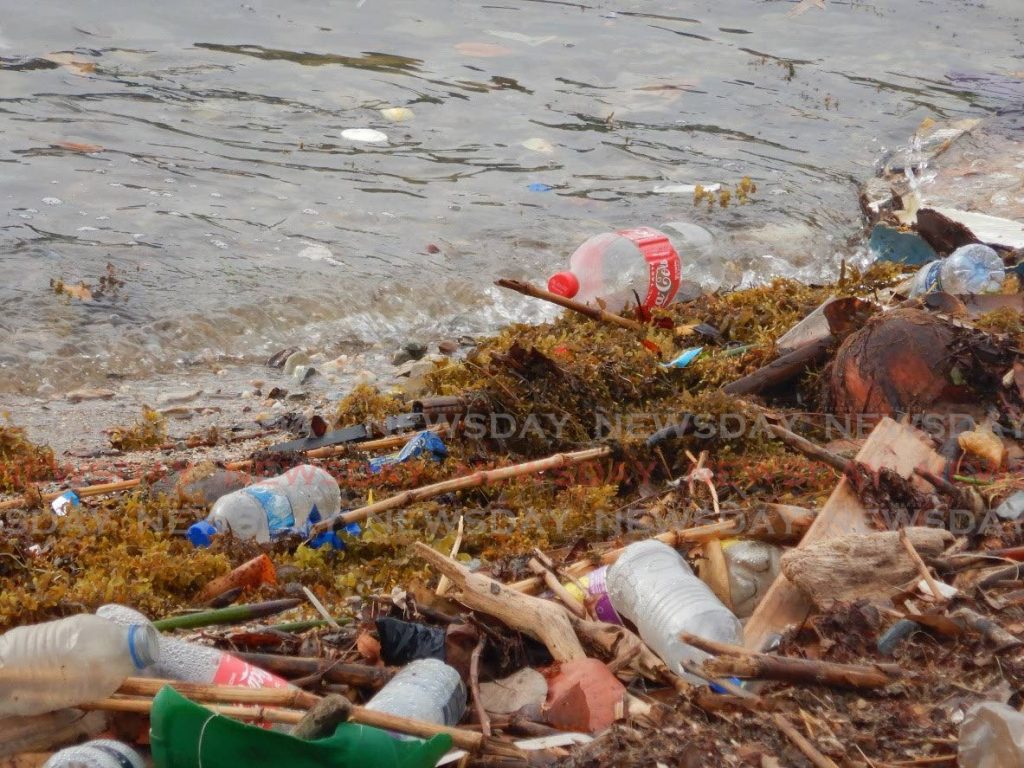How the Beverage Bill makes business sense

kmmpub@gmail.com
Pushing through the Beverage Container Bill and cutting down single-use plastic is not just a sideshow, imposing costs on businesses in a difficult climate. It can actually lead to economic benefits.
Big companies are moving swiftly. Coca-Cola and Nestle have both pledged that 100 per cent of their packaging will be recyclable by 2025, as has Amcor, which provides Blue Waters with its containers. Pepsi has followed, pledging to cut non-recycled plastic by 35 per cent by 2025.
Plastic-packaging giant Amcor’s CEO Ron Delia sees: “a tremendous opportunity to continually develop packaging that is better for the environment throughout its life: production, use and re-use.”
They are not doing this from the kindness of their heart, but from the practical standpoint that consumers worldwide, particularly millennials, are more likely to spend money on environmentally friendly products. “Green”-branded companies are continuing to gobble market share.
The life of single-use plastic containers just begins once we’ve finished with them and toss them out. If we’re lucky, they begin their long journeys by being shovelled into a landfill. The destiny of far too many of them is to ornament our public spaces and streets, and to join the denizens of our rivers, ocean and waterfalls – plastic bottles leaping upstream with the salmon. This effect is known in economics as an “externality”: an effect that is not captured in the price of a product and affects other people who have nothing to do with making or using the product.
As our government considers the Beverage Container Bill, it joins those worldwide who are fretting over how to contain problems like pollution, tobacco, alcohol and sugar that exact vast tolls on society, productivity, and the public purse. Solving them requires an understanding that these are problems firstly created by human behaviour. It also means acknowledging that tackling these problems will have costs.
We are haemorrhaging good, well-paid jobs in industries like manufacturing and energy. Growth continues to be anaemic and our labour force continues to be underemployed. Do we have the luxury of sacrificing economic growth in this environment?
After all, the reality is that no small part of our manufacturing and what little non-energy exports we have are driven by single-use plastic production, amongst other vices like booze, cigarettes and sugar.
The 2012 version of the Beverage Container Bill envisaged producers adding a small extra cost to drink prices, which is then refunded to consumers who bring bottles to be recycled. Producers cover the cost of collection depots.
This is sensible. The UK’s parliamentary Environmental Audit Committee has found that countries with deposit return schemes tended to recycle between 80 and 95 per cent of their plastic bottles. The government’s policy will have a minimal cost compared to its benefits, and so far seems to enjoy broad-ranging support.
Part of that is because plastics are draining our foreign exchange reserves and constraining our bottlers’ ability to grow. The great majority of single-use plastics, for example the polyethylene terephthalate (PET) largely used in plastic bottles, is imported. Reducing foreign exchange demand is in beverage companies’ own interest. Recycling has already been incorporated into the main industry players’ strategic plans on a global level, as they keep a beady eye on consumer trends.
For the public, the short-term benefits are clear: fewer plastics clogging rivers and drains will save millions in damage from perpetual and damaging floods.
There are opportunities for local business. A deposit scheme will indirectly encourage the introduction of substitutes such as glass, metal and plant-based containers that can benefit local producers and prospective distributors of both. It will boost a nascent recycling industry. Not to mention that a cleaner environment is critical if we are to attract eco-tourism. Plastic junk is rarely all that instagrammable.
There are still questions to be ironed out. Government should ensure that manufacturers and distributors are part of the scheme on an equal footing, so that the costs don’t fall entirely on locally produced goods. And a deposit scheme should exempt products destined for export.
But if this works, it can set a precedent for tackling the effects of other goods, whether sugar, tobacco or alcohol, whose consumption places a disproportionate burden on our health services and economy – but whose production still supports thousands of jobs.
With minimal inconvenience a plastic-container deposit scheme will make life a bit brighter for most and relieve suffering for the worst hit when nature reclaims her space. We should support efforts to pass the bill quickly. Isn’t wasting time just another form of pollution?
Kiran Mathur Mohammed is a social entrepreneur, economist and businessman. He is a former banker, and a graduate of the University of Edinburgh

Comments
"How the Beverage Bill makes business sense"